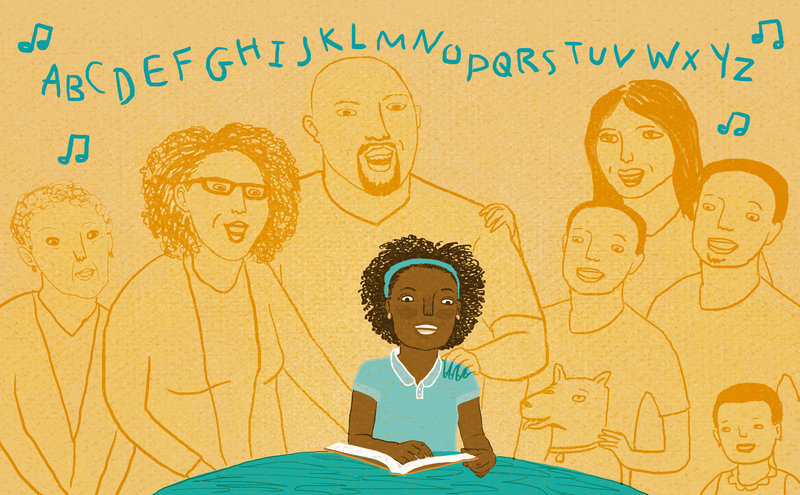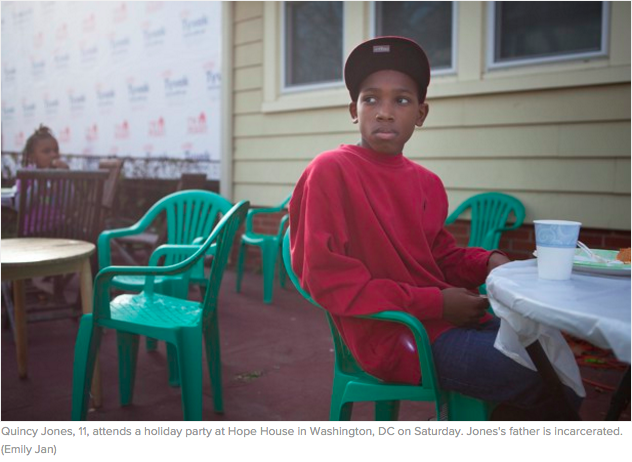New research demonstrates impact of sports mentoring on life skills development
 Choi, E., Park, J. J., Jo, K., & Lee, O. (2015). The influence of a sports mentoring program on children’s life skills development. Journal of Physical Education and Sport, 15(2), 264.
Choi, E., Park, J. J., Jo, K., & Lee, O. (2015). The influence of a sports mentoring program on children’s life skills development. Journal of Physical Education and Sport, 15(2), 264.
Summarized by Kirsten Christensen
Introduction
In recent years, there has been a paradigm shift in how we conceptualize youth development, moving from a deficit-reduction approach to an approach known as Positive Youth Development (PYD), in which youth are seen as a resource, rather than a problem to be fixed (Lerner, 2002). Though this approach provides a general foundation for understanding the qualities that youth benefit from developing (e.g., competence, confidence, connection, character, caring), little is known about how these qualities can be developed in youth, and what specific skills youth would benefit from developing.
Thus, in this study, the authors implement a life skills development approach which posits that the behavioral, physical, and cognitive skills that youth utilize to succeed in different contexts can be translated across other settings such as school, home, or their community. Because these skills can be developed through modeling, demonstration, and feedback provision, mentoring relationships and organized youth activities provide the ideal setting in which these skills can be cultivated.
Within the context of sports programs, the coach often becomes the individual with who the youth are forming close relationships and modeling. Oftentimes, the coach becomes more than just a teacher of technical skills, and develops into a mentor who provides the means by which youth attain life skills. Despite the potential for these benefits, little research has examined the process and effect of one-on-one sports mentoring programs.
In the current study, the authors sought to (1) determine what attracted youth to the sports-based mentoring program, (2) identify the nature of the mentor-mentee relationship in the program, and (3) understand the influence of sports mentoring on the development of youths’ life skills.
Method
Participants in this study included 6 mentees and mentors who participated in the nine-month Sports Mentoring for Success program (SMS), which was designed to develop youth life skills through 30 one-on-one sports mentoring sessions.
The mentees’ parents and mentors completed open-ended questionnaires, mentees and mentors completed individual interviews, mentors completed reflective journal entries, and mentoring sessions were observed by research staff.
Mentee interviews assessed information about the program experience and its perceived influence on the youths’ life skills development. Questions asked during the interviews included, “What made you decide to participate in this sports mentoring program?”, “How would you explain sports mentoring to your friends?”, “How would you describe your relationship with your mentor?”, and “What did you learn in the SMS program?”
In their interviews, mentors were asked questions about their program experience and its effect on their mentee’s behavior and attitude. Questions included, “Were there any changes in your expectations of sports mentoring from the beginning to the end?”, “How would you describe your relationship with your mentee?”, and “Have you perceived any change in the behavior or attitude of your mentee throughout the mentoring program?”
Interviews were inductively analyzed and coded for recurring phrases or words that were relevant to the research questions. The researchers developed summaries and codes of reasons for participation, the nature and content of the mentor-mentee relationship, and the effect of the program on the mentee’s life skills development.
Results
The data revealed the following themes about each of the three research questions:
Reasons for participation in the sports mentoring program
- Establishing a relationship with a caring adult
- Parents expressed a need for a role model for their children, while youth reported they wanted to find someone to talk and play with them.
- Playing sport and developing skills
- For mentees and their parents, exposure to novelty and skills improvement were important reasons for program participation.
- Developing life skills
- Mentees expressed a desire to obtain qualities and skills such as confidence, leadership, and stress management. Parents were most interested in secondary outcomes, particularly those related to academic achievement.
The nature of the mentoring relationships
- Befriending
- Mentees reported that playing sports with their mentors help to facilitate a strong emotional bond.
- Coaching of sports skills
- Mentors focused on providing sports skills by explaining, demonstrating, and providing feedback, while also modifying tasks as needed to match the mentee’s level of skills.
- Development of life skills
- Though life skills such as etiquette, sportsmanship, and perseverance were taught through sports activities, they could be applied beyond the sports context.
Influence of sports mentoring on youth life skills development
- Improved physical activity and sports skills
- Mentees reported improving their sports skills and physical abilities.
- Enhancing self-confidence and connectedness
- Mentees reported that by improving their sports skills, they improved their status with peers, and ultimately enhanced their self-confidence. Mentees also reported a greater sense of belonging and community connectedness, as they were able to explore their communities as a context for sports activities.
- Improving self-management and growth skills
- Mentees and mentors reported that the program helped with skills such as self-management, time management, and exposure to the university campus setting which prompted aspirations to attend college.
Discussion and Conclusion
From the study findings, the authors conclude that one-on-one sports mentoring programs provide a context to develop strong caring relationships and life skills, and appeal to youth because of the opportunity to participate in sport activities.
Despite the benefits youth gained from one-on-one sports mentoring, the authors recommend that future programs incorporate small group or team activities which would have the potential to maximize other highly transferrable skills such as leadership and teamwork.
Overall, sports programs provide a multitude of physical and developmental benefits for youth, with this study demonstrating the specific advantages of sport-based mentoring for helping youth develop life skills. The study results also prompt questions about athletes who nominate their coaches as natural mentors (i.e., coaches not associated with formal mentoring programs) and what their role may be in capitalizing on the unique sport context as a means for positive youth development.










